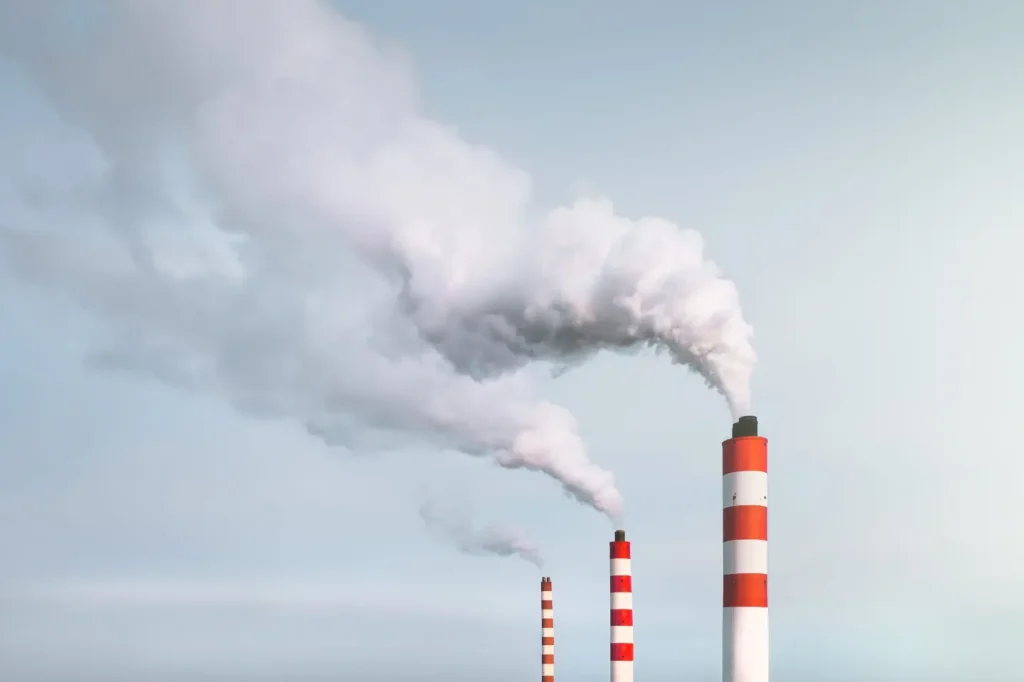The lifestyles of the world’s richest individuals are taking a significant toll on the environment, with a new Oxfam report revealing stark findings about carbon emissions.
According to “Carbon Inequality Kills,” released in anticipation of the COP29 summit in Baku, Azerbaijan, the world’s fifty wealthiest billionaires produce more carbon in just 90 minutes than the average person does during their lifetime.

This report highlights the massive carbon footprint of billionaires through their luxurious transport methods, like private jets and superyachts, as well as their investments in polluting industries.
Through relentless emissions, these billionaires are contributing heavily to global inequality, hunger, and even death, the report finds.
“The super-rich are using Earth as their personal playground, unwittingly setting it ablaze for pleasure and profit,” noted Oxfam International Executive Director Amitabh Behar.
Reports suggest that if global emissions continue at the present rate, the carbon budget we have to limit temperature rise to 1.5°C will vanish in approximately four years.
However, if everyone emitted as much CO2 as the wealthiest 1%, this crucial budget would run dry in less than five months.
Consider the opulent lifestyles of these billionaires: over a single year, they collectively took 184 flights, spending 425 hours airborne—an amount equivalent to the emissions generated by an average person over 300 years.
Their yachts add to this impact, disbursing as much carbon as an average individual would over 860 years.
A lone superyacht, kept in constant readiness, can churn out around 7,000 tonnes of CO2 annually.
The report also exposes how billionaires’ investments exacerbate these problems.
Surprising discoveries revealed that nearly 40% of their investments are rooted in highly polluting sectors such as oil, mining, and cement.
Only 24% of companies linked with these billionaires have set net-zero targets, which paints a grim picture of their environmental impact.
Staggering statistics, such as the emissions from Jeff Bezos’ private jets, which equate to those an average U.S. Amazon employee would make over 207 years, serve as a strong call for accountability and reform.
Meanwhile, Carlos Slim’s penchant for frequent flights equates to circumnavigating the globe five times in one year, and the Walton family’s three superyachts produce as much carbon in one year as roughly 1,714 Walmart employees combined.
The ramifications extend beyond just emissions; they have a broader economic and social impact globally.
The report warns that since 1990, emissions from the richest 1% have led to a $2.9 trillion reduction in global economic output, with lower-income countries suffering most.
Moreover, increased emissions have exacerbated food shortages, with crop losses recently equating to the annual caloric needs of over 14.5 million individuals.
In light of these findings, Oxfam is advocating urgent reforms ahead of the COP29 summit.
Their proposals include permanent income and wealth taxes on the richest individuals, punitive taxes on luxuries like superyachts and private jets, and regulatory overhauls targeting major polluters.
They recommend using these funds to finance climate action and mitigate impacts, particularly in Global South countries that bear the brunt of climate-related adversities.
The wealth of the 2,781 billionaires, estimated at $14.2 trillion, could revolutionize climate change mitigation if redirected correctly.
Yet, as Marinel Sumook Ubaldo, a climate activist from the Philippines, encapsulates, “Counting dead bodies after a typhoon isn’t a burden any child should bear.
Yet whether we survive or not, the affluent who pollute don’t seem to care.” It’s a stark reminder that while the solutions exist, they must be promptly implemented for meaningful change.
